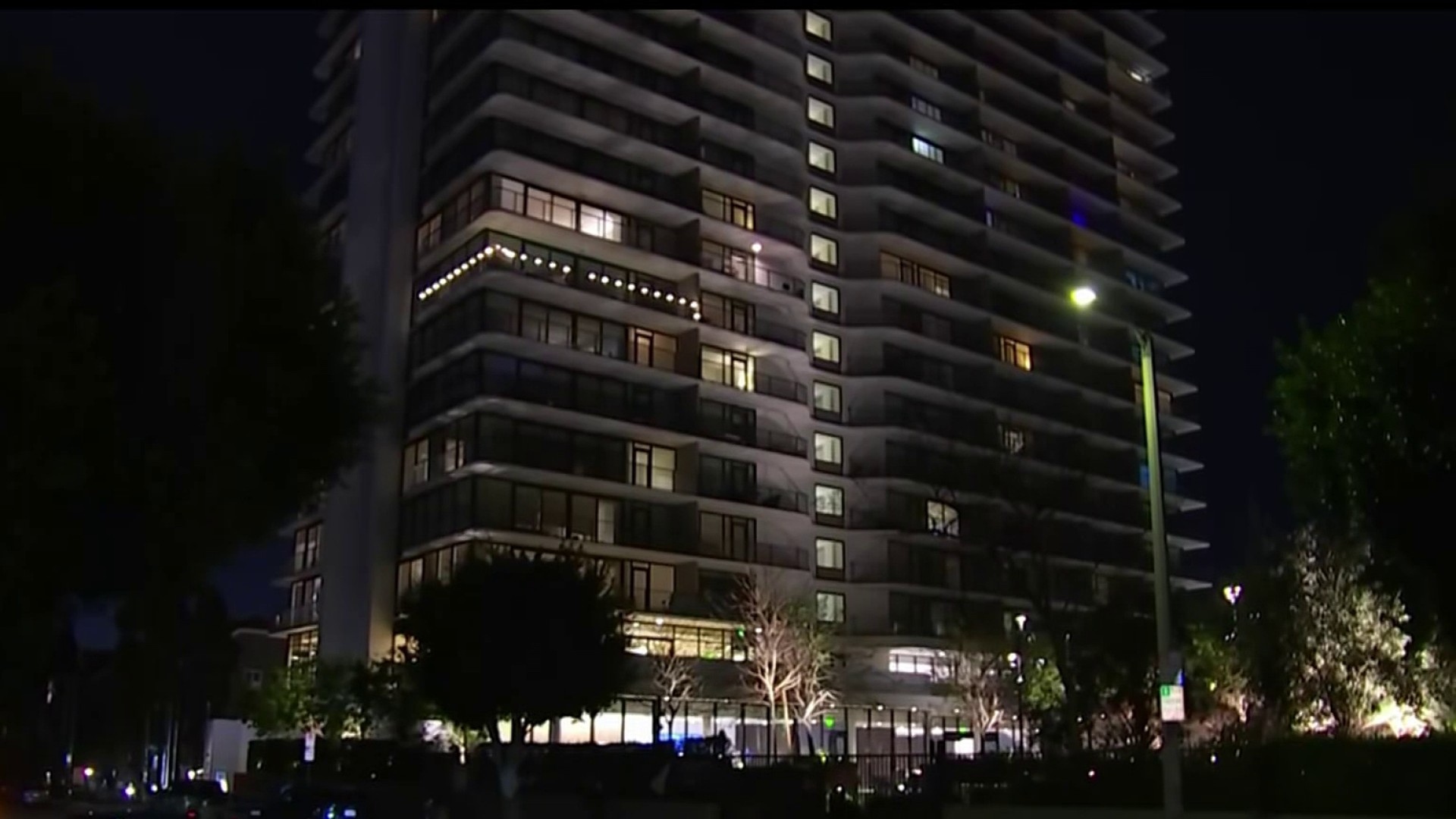The minimum wage in the city of Los Angeles is set to rise to $12 an hour next week, as part of a climb to a $15 minimum wage, officials said.
It is the second year of a city increase that will eventually reach $15 an hour by July 1, 2021.
"Why does it matter?" said LA Mayor Eric Garcetti in a statement. "Because an honest day's work deserves an honest day's pay. Because hardworking families should get a fair shake. Because raising the wage helps to build a stronger middle class in Los Angeles, which is good for everyone. Because all Angelenos — from the boardroom to the factory floor — deserve a chance to share in this city's prosperity."
The wage bump for employers with 26 or more employees will go to $12, up from $10.50, according to the city's wage schedule chart.
Employers with 25 or fewer employees or nonprofit corporations with 26 or more employees with approval to pay a deferred rate will go from $10 an hour to $10.50.
The news comes as a new study of Seattle's $15 minimum wage says it costs jobs, contradicting another study published last week.
A University of Washington team studying the law's effects found that the law has boosted pay in low-wage jobs since it took effect in 2015, but that it also caused a 9 percent reduction in hours worked, The Seattle Times reported. For an average low-wage Seattle worker, that's a loss of about $125 per month, the study said.
News
Top news of the day
"If you're a low-skilled worker with one of those jobs, $125 a month is a sizable amount of money," said Mark Long, one of the authors. "It can be the difference between being able to pay your rent and not being able to pay your rent."
There would be about 5,000 more low-wage jobs in the city without the law, the study estimated.
Seattle was one of the first U.S. cities to adopt a $15 minimum wage law, and its experience is being closely watched as other cities have followed suit and as advocates push for a higher federal minimum wage.
Last week, a review by University of California at Berkeley economists found the law raised pay without hurting jobs in the restaurant industry. An author of that report, Michael Reich, criticized the University of Washington team's methodology.
The University of Washington effort compared economic data from Seattle with economic data from other parts of Washington state — a statistical model referred to as "synthetic Seattle" — for which economic trend lines were previously similar to Seattle. By comparing the "synthetic Seattle" where no minimum wage increase took effect with Seattle itself, the researchers tried to figure out the minimum wage law's effect on Seattle's economy.
But Reich took issue with how University of Washington team compiled its "synthetic Seattle." It was based on areas that "do not at all resemble Seattle," Reich warned in a letter to the city Monday.
By contrast, the Berkeley study compared Seattle to a statistical model based on areas around the country — not just within the state — and was thus a "more representative" comparison, he said.
The University of Washington report excludes "multisite businesses," such as large corporations, restaurants and retail stores that own their branches directly. Single-site businesses, though — which are counted in the report — could include franchise locations that are owned separately from their corporate headquarters.
Reich said multisite businesses employ a large percentage of Seattle's low-paid workers. That meant workers who left single-site businesses to work at multisite businesses were counted as job losses, not job gains in the UW study, he said.
Jacob Vigdor, a public policy professor and one of the authors of the new report, stood by the team's findings. He noted that his team's study actually corroborated Berkeley's conclusion, finding zero impact from the minimum-wage law on restaurant employment — when taking into account jobs at all wage levels within the restaurant industry.
But for low-wage restaurant workers, the law cost them work hours, the new report said. If the minimum wage law hadn't been in effect, those workers would have seen an 11 percent increase in their hours, the report said.
"When we perform the exact same analysis as the Berkeley team, we match their results, which is inconsistent with the notion that our methods create bias," he said.



